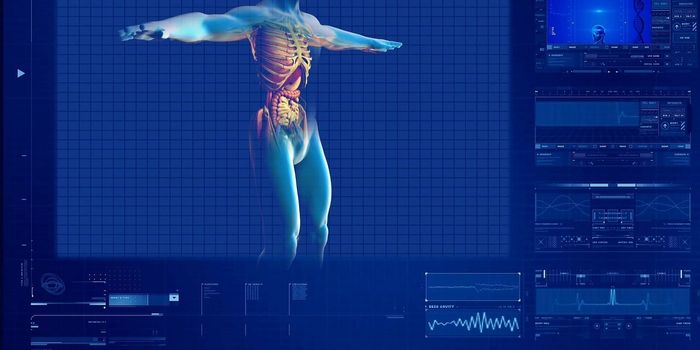No Refrigeration Needed for These 'Caged' Vaccines
Every year, millions of doses of life-saving vaccines are destroyed due to temperature breaches en route or while in storage. Now researchers say they’ve created tiny silica “cages” that can keep vaccines stable at even up to boiling temperatures. The technology, they say, can transform global vaccine access, especially in remote regions of the world.
Vaccines contain proteins, and thus have an inherently narrow range of agreeable temperatures. Typically, the proteins in the vaccines begin to break down and become ineffective when there are breaks in the so-called “cold chain” - the refrigerated storage conditions throughout the transport and delivery of the vaccine designed to keep the vaccine stable.
"Once the proteins in a vaccine break down and tangle up, it's useless. You can think of it like an egg that's been boiled - it can't be unboiled,” explained Asel Sartbaeva from the University of Bath's Department of Chemistry, the study’s lead investigator.
To prevent decomposition caused by temperature breaches, scientists at the University of Bath came up with a way to keep the proteins stable even without refrigeration. The key is to encase the vaccine proteins in tiny silica cages, a process they’ve termed ‘ensilication.’
The silica cage prevents protein denaturation at up to 100 degrees Celsius. “This “ensilication” method produces a storable solid protein-loaded material without the need for desiccation or freeze-drying,” the authors wrote. So far, they’ve tested the method on proteins found in the common egg white, the horse hemoglobin, and a protein from the tetanus vaccine.
"We have demonstrated with ensilication that we can simply and reliably keep proteins from breaking down even at up to 100°C, or store them as a powder for up to three years at room temperature without loss of function,” said Sartbaeva.
Bypassing the need to keep the cold-chain would prevent the loss of millions of doses of vaccines every year. This not only saves money, but also the lives of many children, especially those living in regions with targeted vaccination programs.
"The ability to store and transport proteins at room temperatures or even hotter would remove a major logistical problem for safely delivering vaccines and other medicines to patients around the world,” said Sartbaeva. "We're very excited by the potential applications of ensilication and our next steps will be to test our findings on more vaccines, antibodies, antiviral and anti-venom drugs and other biopharmaceuticals."
Additional source: MNT









